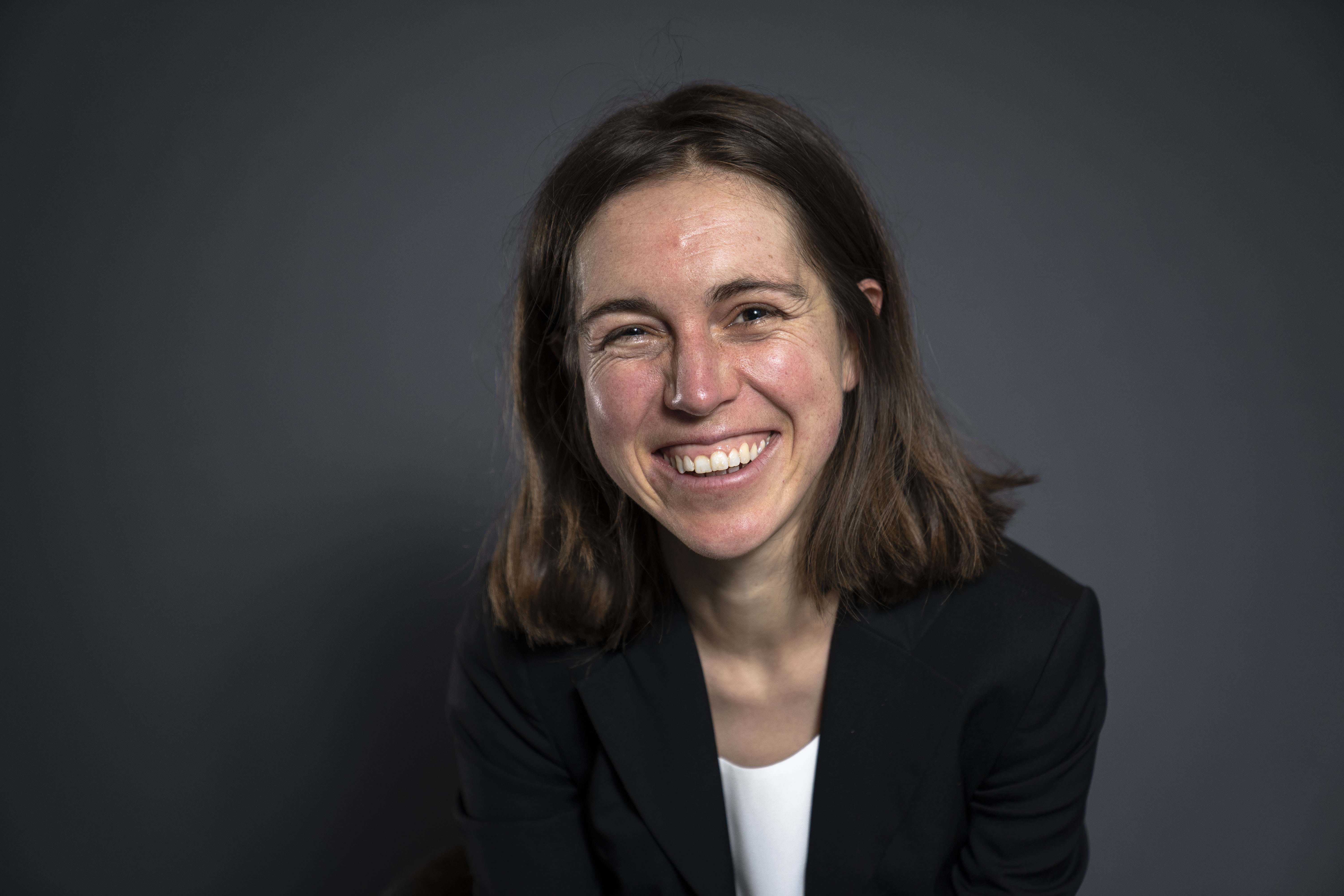Claudia Strauch
Research leader

Project title
Learning diffusion dynamics and strategies for optimal stochastic control
What is your project about?
Starting point of the project are questions of the form: How should I control a system affected by randomness in order to maximize the payoff? Variants of classic issues are, for example, natural resource management ("When should I cut a forest to get the highest possible payoff if the growth behavior of the forest is unknown?"), engineering ("How should a ship be steered as close towards a target as possible while it at the same time consumes as little fuel as possible?") or in the financial area ("Which investment strategy should you choose if the characteristics of the underlying financial market are not (exactly) known?"). All these examples can be captured by a diffusion model. Problems of this type are addressed in the field of stochastic control theory, but it is usually assumed that all probabilities (describing, e.g., the forest growth rate) are known, which is obviously not realistic. In fact, this evolution should be estimated, which can be done using classical statistical approaches or even state-of-the-art methods of machine learning such as deep neural networks. The latter approaches have produced remarkable results in many applications and are increasingly impacting public life, but often a theoretical foundation and thorough understanding is missing. The aim of the project is to develop both a general theory and concrete learning algorithms for stochastic control problems, where features of an assumed underlying random component must be learned from data, in order to maximize gain from the control problem at hand.
How did you become interested in your particular field of research?
From an early age I had a special affinity for mathematics. What I always enjoyed most was developing my own ideas and being creative in solving tasks. During my studies of mathematics, I often experienced how rewarding it can be to find a beautiful proof and to discover new mathematical ideas and concepts. My personal research focus now is on the statistical analysis of stochastic processes. I am especially fascinated by the combination of practical relevance and mathematical diversity: The questions considered often arise from very concrete applications, while different mathematical techniques and results are used for solving them.
What are the scientific challenges and perspectives in your project?
A particular challenge is to develop methods for estimating the characteristics of complex random processes that perform well in practice and, at the same time, are theoretically sound. Machine learning methods offer completely new approaches to translate data into estimators; in many applications they provide very good results, but the whole machinery is still somewhat fragile. To develop robust models, we need to gain a mathematical understanding both of the success and fragility of the procedures, and this is a (very motivating) challenge. Due to the nature of the project, the members of the research group will work in different scientific areas. In particular, they will naturally become familiar with the research and the scientific language of different communities. With this background, they will then be able to build bridges and to cooperate on an interdisciplinary basis in the future, which is an essential aspect for scientific progress.
What is your estimate of the impact, which your project may have to society in the long term?
The project addresses a core problem that one may face with practical exploitation of algorithms from the area of machine learning: Typically, it is difficult to quantify the reliability of predictions, raising ethical concerns when basing decisions on predictions made by such algorithms. With regard to the diverse stochastic control problems occurring, e.g., in the health sector (drug testing), it is of crucial interest to develop data-based, robust and at the same time theoretically sound methods, thus reducing the risk of false conclusions due to model misspecifications.
Which impact do you expect the Sapere Aude programme will have on your career as a researcher?
It is a great honour to receive a Sapere Aude grant. I moved to Aarhus University in April 2020, and the grant will allow me to establish my own research group with a unique profile and to expand my international contacts. Mathematical research thrives on discussion and exchange, and I find it highly motivating to work with young researchers on finding solutions and to foster their development. The topics addressed in the project are very close to my heart, and the Sapere Aude grant provides me with the perfect conditions to successfully carry out the challenging research agenda.
View all research leaders here
Research institution
Aarhus University, Faculty of Natural Sciences, Department of Mathematics
Research field
Statistics and probability
City of your current residence
Aarhus
High school
Johann-Wolfgang-von-Goethe-Gymnasium Pritzwalk (Germany)
